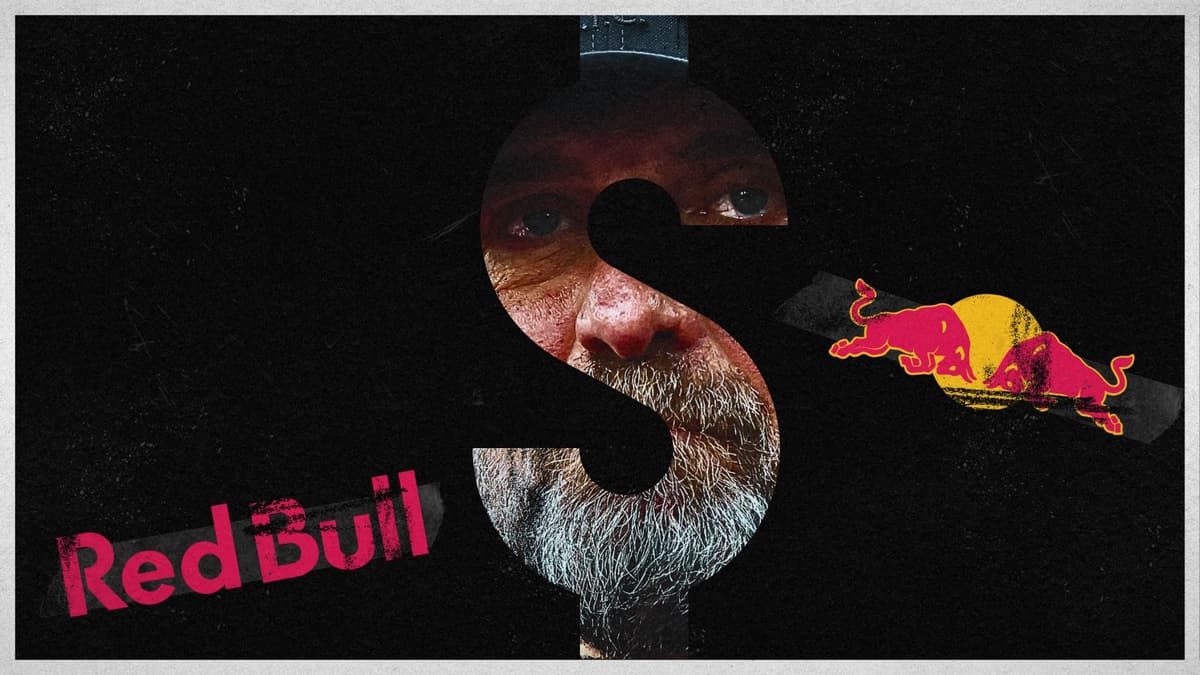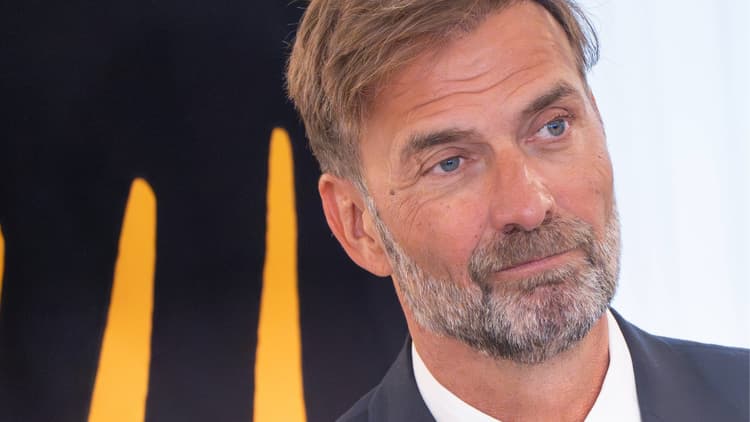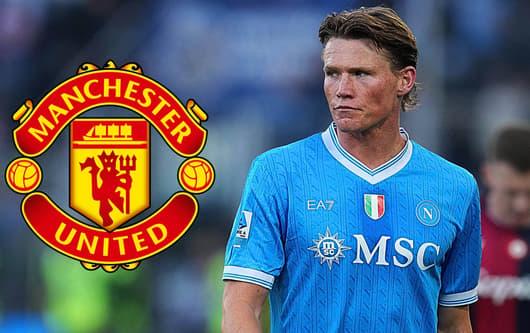-
Nieuws
- 1 hour ago
Red Bulls**t: How 'traitor' Klopp tarnished his legacy

Jurgen Klopp has sparked outrage in Germany and beyond with his decision to join Red Bull.
The legendary manager has decided to cut his post-Liverpool sabbatical short to become Red Bull's Global Head of Soccer starting from January 1, 2025.
In doing so, Klopp has severely tarnished his legacy in the eyes of many, particularly back in his home country of Germany. The announcement of his new role has been met with a torrent of outrage, with supporters expressing their disbelief and disappointment at the 57-year-old joining the Austrian energy drinks company.
During his time in the dugout at his various clubs, Klopp successfully cultivated this image of himself as being a manager who is in it for the love of the game and not for the money.
READ MORE: Klopp is Red Bull’s ‘strongest ever signing’
The former defender earned adoration at Mainz, Dortmund and Liverpool for his authenticity and passion. The fact that he has now joined Red Bull, which has come to exemplify - at least in the eyes of fans - the cold Mammon of commercialised football, has provoked a violent reaction.

Hypocrisy or much ado about nothing?
The Bundesliga likes to stylise itself as the league for football traditionalists and Klopp, to many, was the physical embodiment of everything the top flight of German football ought to stand for: entertaining football and the centring of fan voices.
By contrast, Red Bull and particularly the crown jewel of their multi-club network, RB Leipzig, have come to typify the increasingly concerning direction the game is heading in.
The energy drinks behemoth purchased the playing licence of lower-league side Markranstädt in the late 2000s - after being rejected by bigger clubs such as Fortuna Düsseldorf, 1860 München and St. Pauli - and pumped millions into the club to get them to the summit of German football, circumventing the hallowed 50+1 rule in the process.
This has made Leipzig the veritable antichrist of the German game, but Klopp has long since been an outspoken admirer of their model. In 2022, he referred to himself as a 'football traditionalist' but admitted that he 'likes the concept' of RB.
"I know how much football traditionalists - and I am one of them - dislike the concept of RasenBallsport, but I believe that Leipzig did not take anything away from a traditional club and simply forged a new path.
"The whole concept is a footballing concept and not a money-making concept in a region where there was no international or noteworthy football, and honestly I like it."
While Klopp is technically correct concerning Markranstädt, he ignores the fact that Leipzig, a footballing hub of former East Germany, has not one but two big traditional clubs that still exist to this day but which fell by the wayside after reunification because they, unlike RB, did not have the luxury of being backed by a multi-billion euro firm.
Leipzig used to be one of the most important footballing cities in all of Germany, even during the 40 years of separation, with Chemie Leipzig and Lokomotive Leipzig - and their predecessor clubs - regularly slugging it out. Prior to World War I, the Saxon city was the birthplace of the DFB and home to Germany's first-ever football champion, VfB Leipzig, to which Lok are the spiritual successor.
In the German Democratic Republic, the city was home to the Zentralstadion, the largest stadium in Germany, which still boasts the most impressive attendance numbers in the history of German football. More than 100,000 watched a Leipzig derby after the ground was opened and, in the 1980s, Diego Maradona and Napoli played against Lok in front of, unofficially, a similar number of spectators.
READ MORE: Klopp's French Revolution - Red Bull aim to dethrone PSG
Today, Leipzig's Red Bull Arena stands in the place of the demolished Zentralstadion, a fitting metaphor for the change from East German socialism to West German capitalism, which RB Leipzig embodies perhaps more so than any other club.
Klopp, who once said that he would leave the game should €100m+ transfer fees become the norm, successfully - and with some justification - used to be regarded as the antithesis of what modern football and, as such, RB Leipzig stands for.
Therefore, it is little surprise that fans, especially those in Germany, now believe that, by joining Red Bull to oversee and guide their footballing operations, the legendary manager has betrayed his own principles.
"It's an impressive feat to throw away your life's work and basically universal sympathy in your home country so frivolously," one fan wrote on social media, nicely summing up the reaction to the news.



















